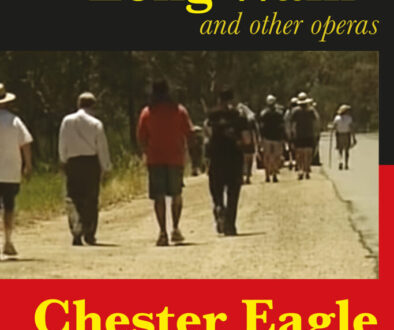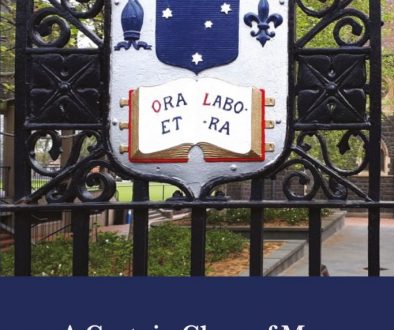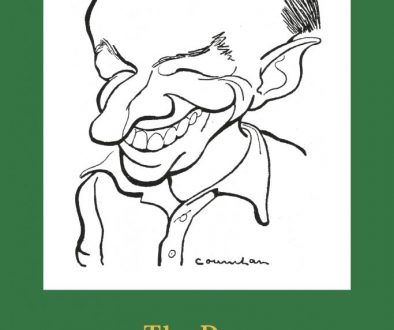All the way to Z

Written by Chester Eagle
Designed by Vane Lindesay
(based on alphabet photos by Chester Eagle)
Layout by Karen Wilson
Circa 70,500 words
Electronic publication by Trojan Press (2009)
The writing of this book:
I’ll start with what I had to say in the introduction:
In 1986 I published Play Together, Dark Blue Twenty, an evocation of Melbourne Grammar School in the years when I was a boy in blue: 1946-1951. Soon after, a colleague at Preston TAFE told me that he’d enjoyed the book, but what he was really waiting for was my recollections of my years at Preston. I told him he’d better not be in a hurry, because it had taken me more than thirty years to get sufficient distance between myself and my old school to be able to write about it. He chuckled and went away, thinking who knows what. His name was Mark Wilson and I’ve hardly seen him in the two decades since he put that request to me, and yet his interest, his request, has stayed with me. Mark, you are remembered!
I’m fairly sure that the book I’m now offering is not the one that Mark had in mind, and the truth is I’ve never had the faintest idea what sort of book would present itself when/if I ever got to writing about my years in education. In fact, as readers will see on the first page, the book had decided for itself that its subject was learning, and every time I tried to impose a little authorial insistence about it being about my ‘career’, such as it was, or the systems inside which the activities of learning take place, the book reimposed its own subjects: learning, students, teaching.
A word about names. I’ve used real names freely where I expect no offence to be taken, I’ve changed names when it seemed tactful to do so, and in a few cases I’ve simply forgotten the real names so I’ve invented new ones. There is, I think, a certain generality about the things I’m discussing: I’ve tried to use the specific in order to show the commonality of much that happened in the years and places I’m describing.
I’ve said in recent years that writers are at the mercy of their books, which are much more certain of what they want to be than are the writers who help them into the world. Hal Porter once called a collection of his stories A Bachelor’s Children, and bachelors, husbands, wives, and mothers will all tell you that many children come into the world knowing who and what they are better than those whose job it is to look after them. It is in that spirit that I give All the Way to Z to the world.
Now a few later thoughts about my methods and intentions:
Elsewhere on this website I’ve described the way in which my book Mapping the Paddocks came into being. Strange as it may seem, the writing of All the Way to Z came about in much the same way. I suppose I could have turned to my former colleagues, especially those who had worked with me at Preston TAFE, but for better or for worse, I didn’t; I used what I could find in the memories of those years when teaching had been my livelihood and my way of life. The incidents and personalities that presented themselves when I sat down to write were the incidents and personalities that created the character of the book. Many issues of burning significance to myself and some at least of my colleagues in those years paled into insignificance when I delved among my memories; why this should be so I cannot say, but I am by now quite used to the writer’s mind having ideas of its own about what needs to be said and what can be left out. Some highly valued colleagues slipped between the cracks of the writing process and although this hardly seems just to me, looking back, a longer and more exhaustive book would have been needed to do justice to them all and I didn’t want a long book about education: I wanted only to say a few things that might not otherwise get said, and after that I was content to hold my peace. Many people write about sport these days when sporting events, in my view, should be recalled by those who watched them, but shouldn’t take up pages of print. Paper is created by chopping down trees and by and large we shouldn’t do it unless we feel a great need to say something we believe shouldn’t be forgotten. I wanted my book on education to be brief, and tight, and I hope the reader will find it so.



